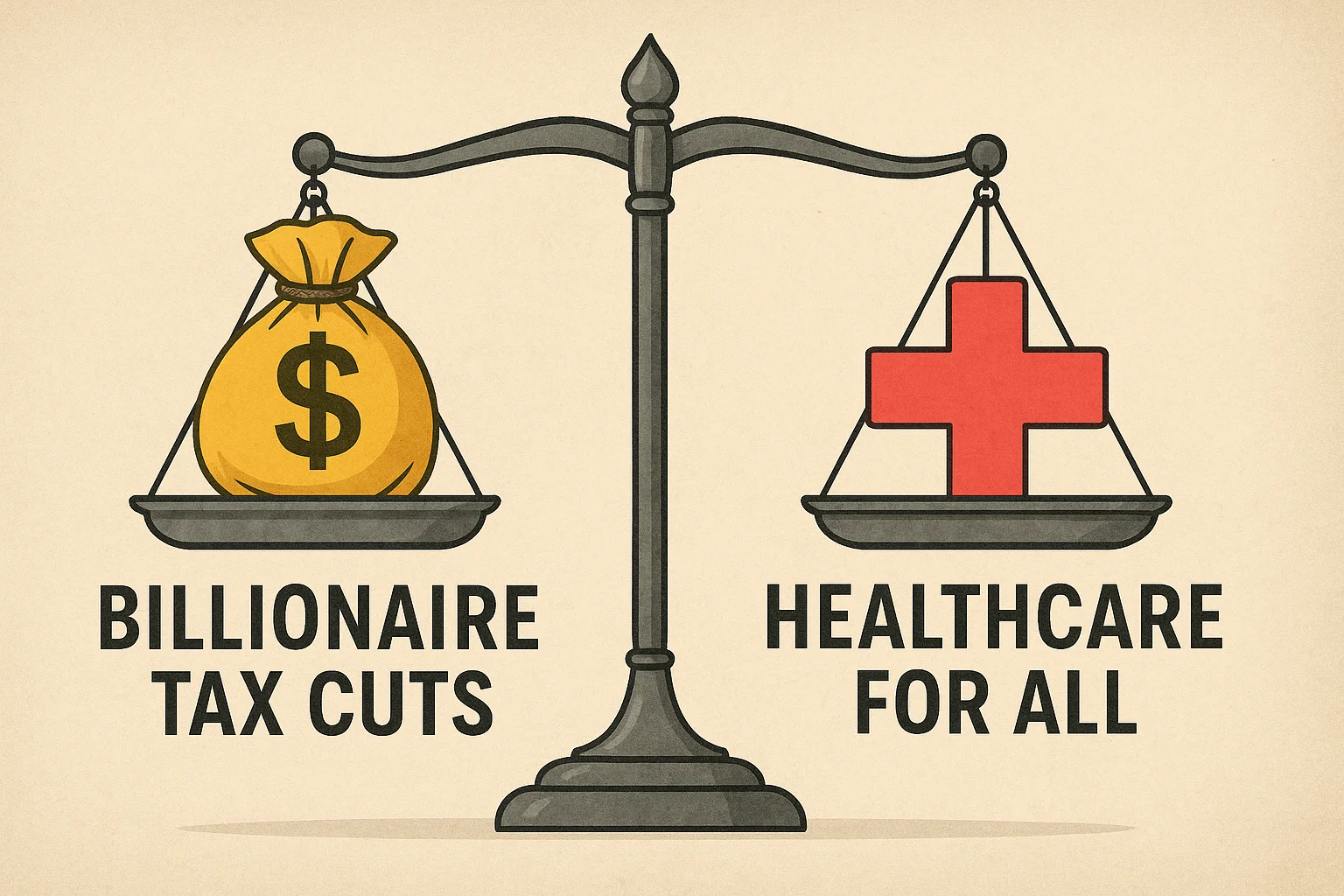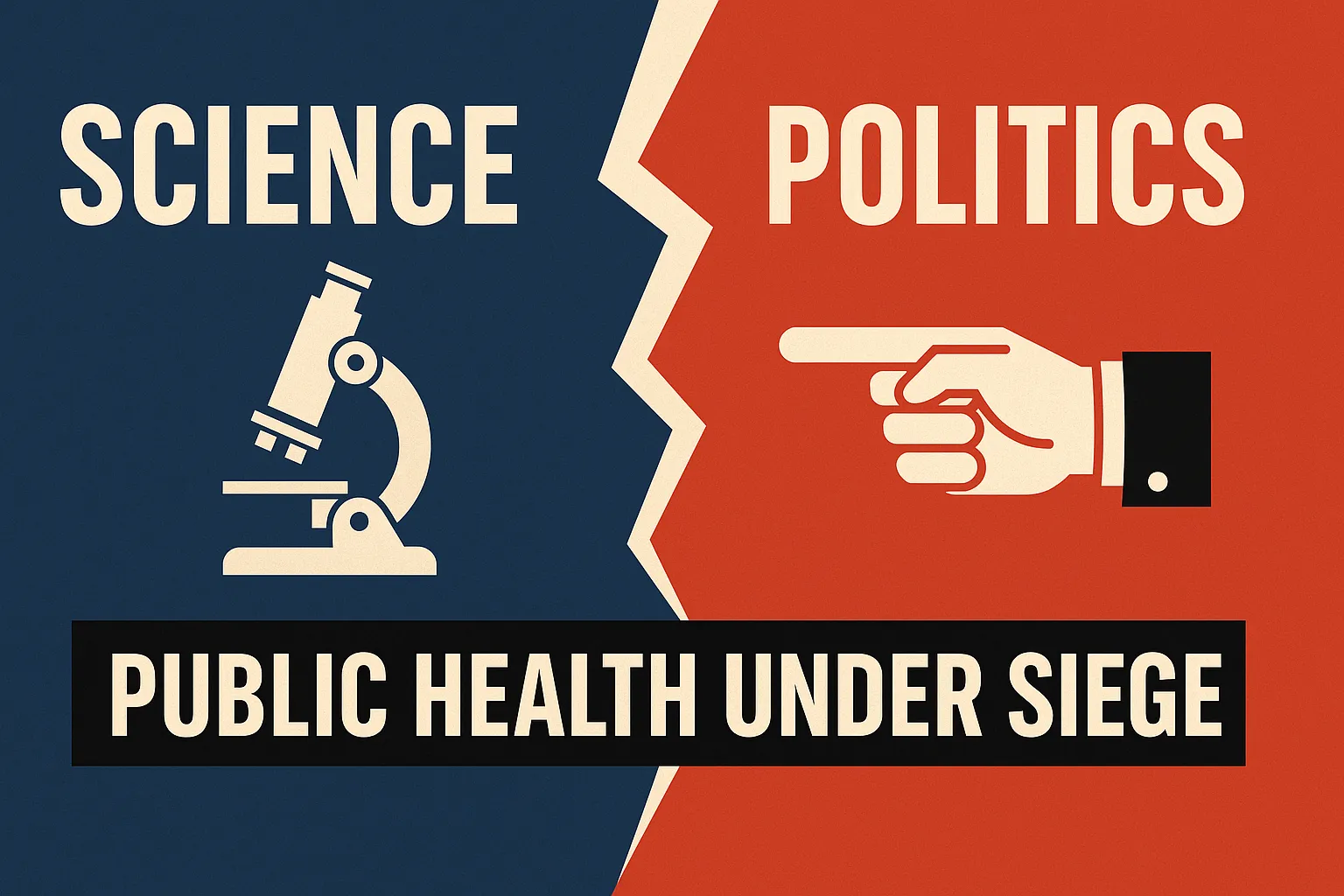Month: August 2025
-
Healthcare for All Costs Less Than Billionaire Tax Cuts
Healthcare for All costs less than billionaire tax cuts. Let’s invest in people, lower long-term costs, and build a healthier Missouri.
Written by

-
Trump Voter ID Executive Order: Why Congress Must Impeach Now
Why is Congress still watching instead of acting? Trump’s latest power grab on voter ID is flat‑out unconstitutional. It’s time to stop the nonsense—impeach and check the president.
Written by

-
Mike “Krooked” Kehoe’s Special Session: Rigging Maps and Silencing Missourians
Governor Mike “Krooked” Kehoe is calling a special session to weaken Missourians’ petition rights and rig maps for Trump. No matter what district lines they draw, I’ll keep fighting for all Missourians.
Written by

-
Caterpillar Tariff Cost Warning Raises Concerns Across U.S. Manufacturing
Caterpillar just raised its tariff cost forecast, raising concerns that other manufacturers may soon issue similar warnings. Q3 tariff costs are now expected to hit $500–$600 million, and full-year exposure stands at $1.5–$1.8 billion.
Written by

-
Public Health Under Siege: A Call to Action for Our State and Nation
CDC leaders have resigned in protest, warning that politics is overtaking science. Missouri’s rural families—and all Americans—deserve public health policy guided by evidence, not ideology.
Written by

-
Susan Monarez Ousted as CDC Director — A Political Purge Dismantles Public Health
Susan Monarez’s sudden ouster from the CDC, prompted by her resistance to RFK Jr.’s anti‑vaccine policy agenda, prompted senior departures and intensified fears of science being sidelined in national health leadership.
Written by

-
Trump’s Health: Can He Survive Four More Years?
Donald Trump’s physical and mental health are under the spotlight. With documented heart disease, a lifetime of fast food, and troubling cognitive slip-ups, experts and journalists alike are questioning his ability to serve out a second term.
Written by

-
Two Maps, Two Rules: Trump’s Texas vs. California Redistricting Flip‑Flop
Trump praised Texas Republicans for gerrymandering but now threatens California over redistricting. This double standard proves he only supports “fair maps” when they benefit him.
Written by

-
Fact-Checking the Arrest of Tom Artiom Alexandrovich, Israeli Cyber Official, in Las Vegas
An Israeli cyber official was arrested in a Las Vegas child‑predator sting and quickly left the U.S. Claims that the Trump administration “helped” remain unproven. Here’s what’s confirmed, what’s disputed, and how Nevada’s bail system works.
Written by

